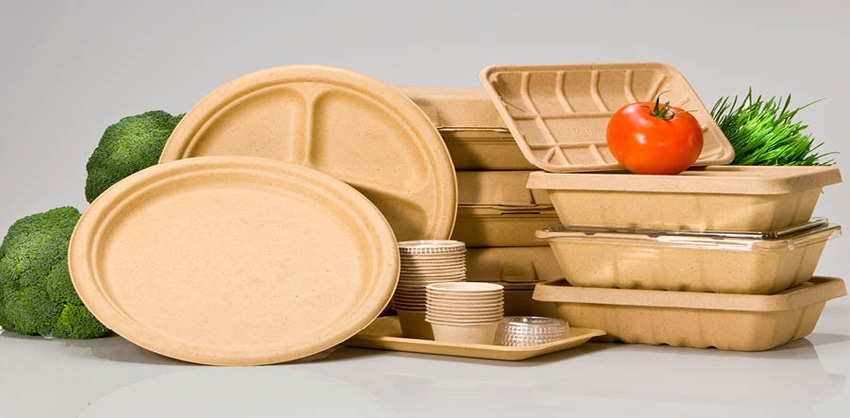Palo Alto has entered a three-year contract with ReThink consulting up to 20 businesses annually by the third year of the contract.

Hoping to lessen the impact of wasted single-use food items while helping businesses and the city save money, Palo Alto, Calif., has contracted with nonprofit Clean Water Fund to tap into its ReThink Disposable program.
Palo Alto has entered a three-year contract with ReThink for it to consult with local businesses. It will work with five local businesses in the first year of the deal and up to 20 businesses by the third year of the contract.
“Determining how to reduce single-use items and then accomplishing this goal requires time and building personal relationships with businesses to help them find solutions specific to their operations. We have limited resources to concentrate on this, so ReThink is helping to fill this need,” says Julie Weiss, project manager for Palo Alto’s public works–watershed protection regional water quality control plant.
Overall, food and beverage packaging comprised 67 percent of trash in the San Francisco Bay in 2011, according to a Clean Water Fund study, and the material continues to stockpile today. Palo Alto officials are especially concerned about plastic foam accumulating in nearby creeks.
While it’s hard to say how much of that foam is specifically from food packing, it is known that roughly two million hot beverage cups alone are disposed yearly in that city with most of that ending up in landfills and waterways, Weiss says.
Under its contract with Palo Alto, ReThink will recruit businesses to enroll in the program, with the city connecting it to chamber and downtown business associations to reach more takers.
“Often when we first meet with businesses or institutions, they are skeptical about transitioning,” says Matt Davis, California communications director for the Clean Water Fund. “They worry their operations will be affected and it will cost in equipment and staffing. But they find washing food ware is less burdensome than handling the waste they were generating. At the same time, they save money because they are not rebuying foodservice ware or paying for hauling disposables,”
ReThink has guided more than 100 food businesses, corporations and universities to reduce 15 million disposable packaging items from food service operations each year for the past several years.
Kirk's SteakBurgers is among the Palo Alto businesses participating in the program.
“I signed on initially because I liked the idea of being an environmentally responsible party in the community,” says Rick Juncker, the restaurant’s owner. He initially was skeptical as to the program’s effect on his business’s bottom line. But he was pleasantly surprised to find in a year he saved $3,981 in food service ware and hauling expenses. The restaurant also generated 2,477 fewer pounds of waste and 6.3 fewer metric tons of greenhouse gas emissions.
Kirk’s basically made two major changes: switching from disposable drinking cups to reusable ones and replacing disposable food trays with lined plastic reusable baskets.
“We had to install a dishwasher, and we thought it would be more work to continually wash cups plus we would have to find space,” Juncker says. “But it was not a significant deal at all. I also was surprised by the immediate reduction in waste.”
Kirk’s cut back from four dining room trash bins emptied a few times a day to one bin emptied twice a day. And it reduced paper waste in the dining room by 60 percent.
“The first thing I’d tell business owners is it was easier than I thought it would be,” says Juncker. “ReThink helped us reorganize—for example to plan out space for cups on line in our service area. They did a data analysis on how much trash we were generating and how much we could reduce. And they provided signage communicating where to put baskets, as initially some people were throwing them out.”
Wendy Hediger, environmental specialist, Palo Alto public works, believes investing in some of the biggest users of single-use food items will be key in reaching the city’s 90 percent diversion goal by 2021.
“We want a model that can be duplicated, that businesses will embrace, and we hope others will follow suit, leveraging this model,” says Hediger.
Trying to pull in more large organizations, ReThink has recently worked with Microsoft and the University of San Francisco, doing waste feasibility studies as the organizations consider more ways to cut their trash.
“As some of these major institutions look to reduce their carbon footprint, we are trying to prove our concept, showing them they can take the lead in addressing [waste] problems by making fairly minor changes,” says Davis.
About the Author(s)
You May Also Like




